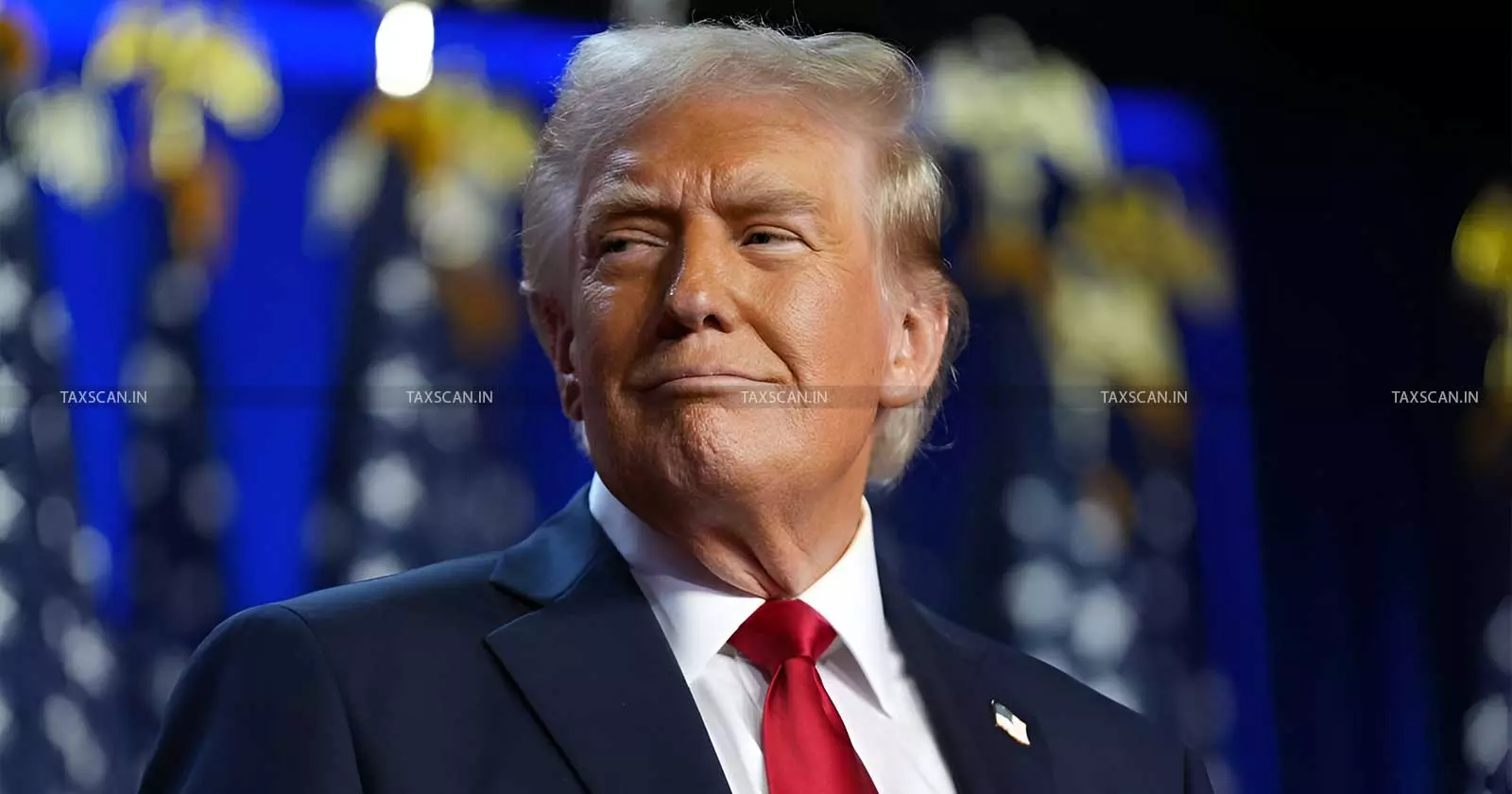Trump Tariffs: Baba Ramdev calls for American Brand Boycott
The controversial move has escalated trade tensions between the world’s largest and most populous democracies

Baba Ramdev, the influential Indian yoga guru and co-founder of Patanjali Ayurved, has issued a strong nationwide call to boycott American brands and products following the imposition of steep 50% tariffs by the United States on Indian exports under the Trump administration.
Ramdev’s comments came after President Donald Trump doubled down on earlier sanctions, raising tariffs on Indian goods in response to India’s continued purchase of Russian oil.
GST Manual – A Comprehensive Book on GST Law - Click here
Speaking to media outlets, Ramdev did not mince words in his condemnation of the US policy. He labelled the tariffs as “political bullying, hooliganism, and dictatorship,” urging that “not a single Indian should be seen at the counters of Pepsi, Coca-Cola, Subway, KFC, or McDonald’s”.
Ramdev warned that a “massive boycott” could trigger economic chaos in America, leading to inflationary pressures that might compel President Trump to reverse his tariff decision. He further framed the boycott as both an act of economic resistance and patriotic duty, demanding that Indian consumers embrace “Swadeshi” (locally made) goods over multinational corporations.
Industry experts suggest that the Trump tariffs are likely to hit Indian exporters hard. Especially in textiles, gems and jewellery, and auto components, where the US market makes up a significant revenue stream. Yet the boycott, if widely followed, could also have a substantial impact on American giants with a foothold in India, from fast food brands to tech and consumer goods companies.
Meanwhile, opposition voices in the United States, including Democrats on the House Foreign Affairs Committee, have criticized the Trump administration’s approach, pointing out that bigger importers of Russian oil like China have so far been spared similar penalties.
Ramdev’s campaign dovetails with broader nationalist and “Vocal for Local” themes in Indian politics. He invoked the idea that boycotting US products is a “fight for economic freedom,” imploring the country to unite behind domestic brands and strive for global manufacturing dominance in defiance of foreign economic pressures. He also hinted at broader geopolitical realignment, suggesting new alliances with Russia, China, and Middle Eastern countries could reshape global trade if the US continues “bullying” tactics.
While government officials have sought to downplay the immediate economic fallout and stress ongoing diplomatic efforts to resolve the dispute, public sentiment, stoked by Ramdev’s high-profile boycott call may shift Indian marketplace behaviour in the months ahead.
For now, the standoff marks a new flashpoint in US-India relations, blending the politics of international trade, nationalism, and consumer activism into a story with potentially far-reaching consequences on both sides of the globe.
Support our journalism by subscribing to Taxscan premium. Follow us on Telegram for quick updates


